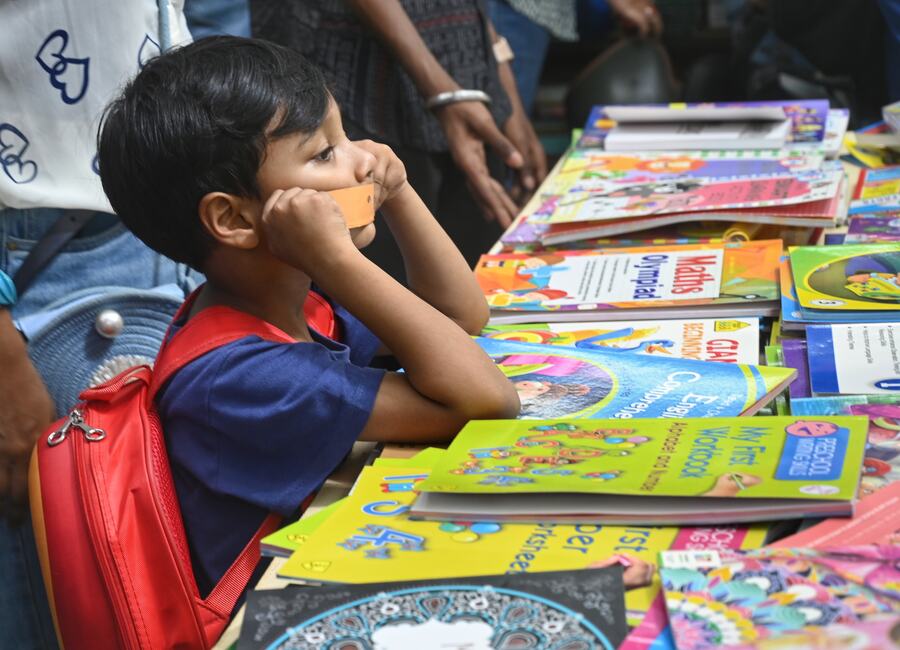Several schools are encouraging free play among children — a time slot when they can play on their own without any adult interference.
Children are enrolled on a number of activities after school but most of them are "structured and instructional", giving them little scope for free or unstructured play.
Free play helps them explore, develop their creativity and imagination and think independently.
Swarnim International School has set aside a period once a week for children up to Class V when they can play on their own without being expected to do any particular activity.
BD Memorial Junior School gives short breaks to students up to Class V where they get time to play on their own.
Mahadevi Birla World Academy gives children in pre-primary time slot for free play.
"Free play is part of our school timetable. Besides periods where they do particular activities, we have 40 minutes of free play time every week. It is important to give them time when we are not telling them what to do," said Swati Sarawagi, director, Swarnim International School.
After school, most parents send children for extracurricular activities and they follow a routine, going from one place to another.
"We are not letting anything go into their long-term memory because they are jumping from one activity to the next. So, where is the time to absorb?" said Sarawagi.
Moreover, now the children are deprived of an opportunity to enjoy any game since most of them either live in standalone buildings or there is a lack of space to play in housing societies.
Even play is monetised, where one can rent a court for some time to play.
When it comes to paying for something, parents expect returns too, and it is no longer free playtime for the child, said a teacher.
"In a structured playtime, adults assign them roles, give them equipment and do certain things at a certain level. So it becomes learning and a classroom-like situation for the child, and the child doesn't differentiate between learning and playing," said Rumjhumi Biswas, principal, Swarnim International School.
Free play gives children the scope to learn on their own, said Suman Sood, director, BD Memorial Junior School.
For example, if a child is playing with blocks and they topple over, the child will have to rebuild the structure in such a way that it does not break, she said.
"In free play, children are fulfilling their desire of what they want to do. A child might not want to draw or listen to a story at a particular time. We have to allow them to be," said Sood.
Putting children in multiple activities can have long-term impacts, and burnout is one of them, said teachers.
"They might lose interest. Activity is all right till the time the child is enjoying it. Parents put their children in activities that are 'trending' without realising whether their child has any interest in it," said Sood.
On occasions, the time for free play is taken over by structured play to keep the children occupied.
"Many parents would want their children to learn chess because it will help them in the long run. We shouldn't try to chart their path thinking about how it will impact them 20 years later," said Sood.
Biswas said that free play also helps children to resolve conflicts without adult interference.
"If someone is good at batting, he or she might continue to bat. A child has to understands that either he or she waits for his or her turn or outdo the other to get a chance. It will not be served on a platter," said Biswas.

